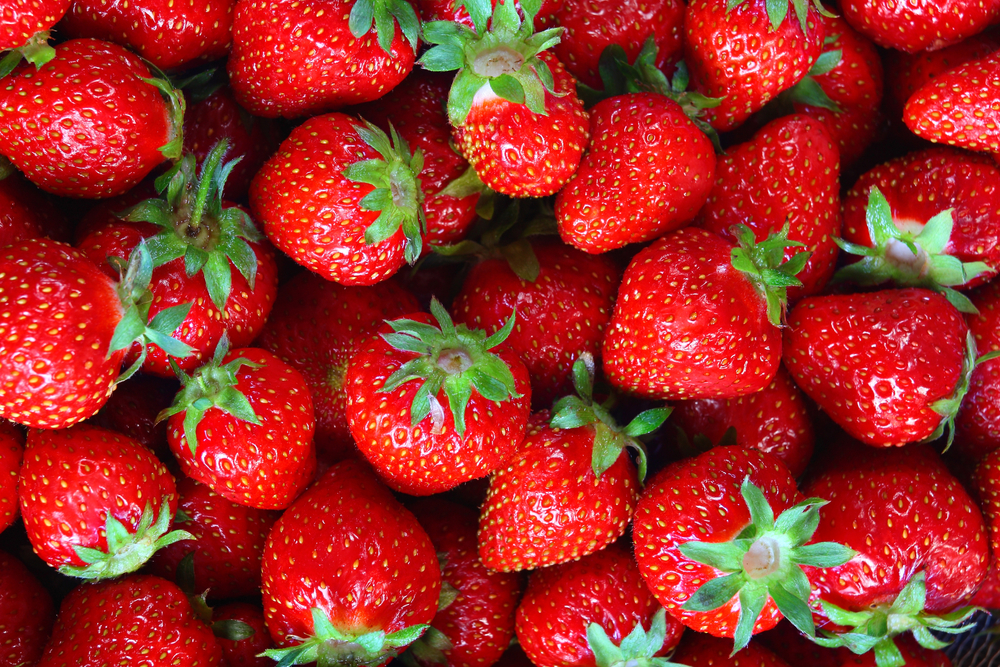
Strawberries may be the latest tool in the fight against breast cancer.
Researchers from Europe and Latin America have shown that strawberry extract can inhibit the spread of laboratory-grown breast cancer cells, even when the cells are inoculated in female mice to induce tumors.
“We have shown for the first time that strawberry extract, rich in phenolic compounds, inhibits the proliferation of breast cancer cells in in vitro and in vivo models,” Maurizio Battino, co-author of the paper and a principal investigator at the Marche Polytechnic University in Italy and the European University of the Atlantic in Santander, said in a statement.
The in vitro model used cells from the A17 tumor cell line, a high aggressive and invasive tumor. The researchers treated it with different concentrations between 0.5 and five mg/ml of extract of the Alba strawberry, for periods of 24, 48 and 72 hours.
The results showed that the decreased cell viability, which is dependent on dosage and time, blocked the cycle leading to cell division and inhibited migration.
The study also showed that strawberry extract reduced the expression of several genes involved in the process of invasion and metastasis, including Csf1, Mcam, Nr4a3 and Set.
The extract simultaneously stimulated expression of the gene Htatip2, which many believe can suppress metastasis to the lymphatic ganglion in breast cancer patients.
The researchers used female laboratory mice in the in vivo model, which at one month of age were divided into a group that was given a standard diet and a group that was given an enriched diet, 15 percent of which was strawberry extract. After another month, all the mice were injected with A17 breast cancer cells.
They then monitored the tumors two times a week by palpation and after five weeks, the tumors were extracted and analyzed to evaluate their weight and volume.
The data collected also showed that supplementing diet with strawberry extract had served to stop the propagation of cancer cells to adjacent healthy tissue.
“We also saw a significant reduction in the weight and volume of the tumor,” Battino said.
Despite the positive results, the researchers said the information from this study and other studies using animal models should not be extrapolated to humans.
“The majority of diseases, including cancer, are complex and involve complex interactions between cellular and molecular systems that determine the development of the disease,” Battino said. “These results are without a doubt valid for understanding potential effects of strawberries on breast cancer and the molecular mechanisms involved, but they must be complemented with clinical and epidemiological studies to verify whether humans experience the same positive effects as we have observed in mice.”
The researchers also said that the concentration of phenolic compounds can vary greatly between varieties of strawberry.
Researchers from the University of the Americas in Ecuador and the International Iberoamerican University in Mexico also participated in the study.




